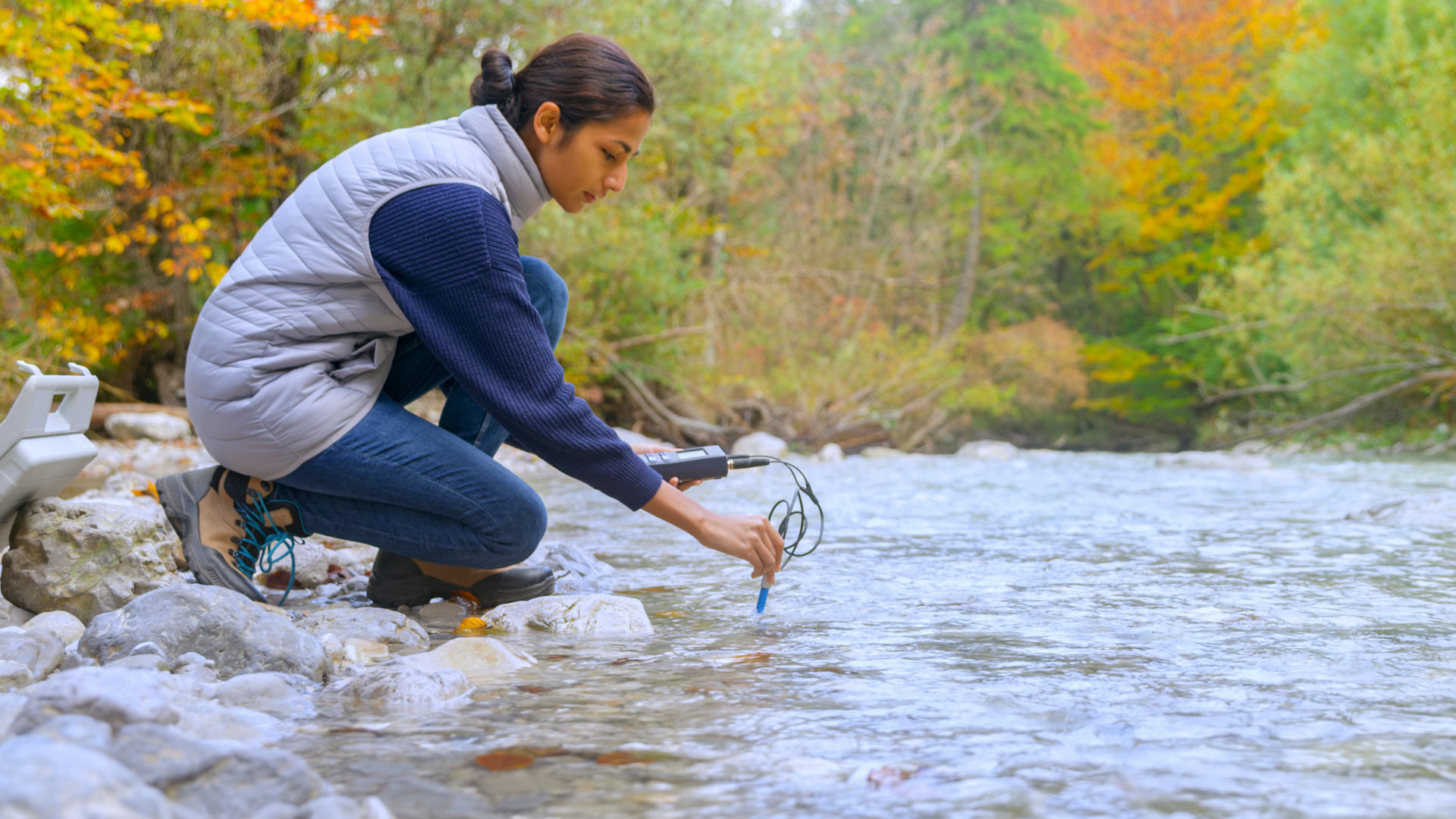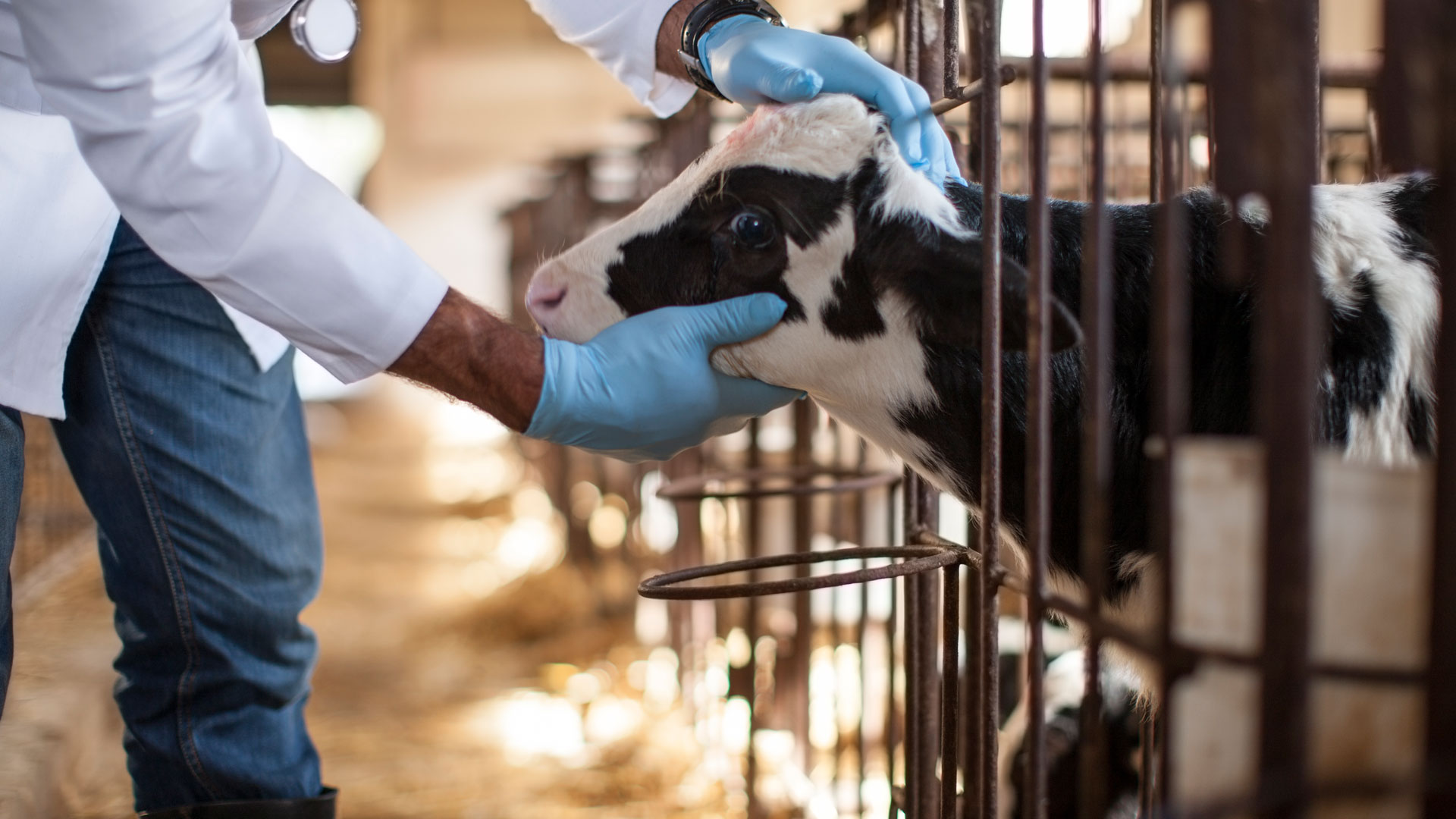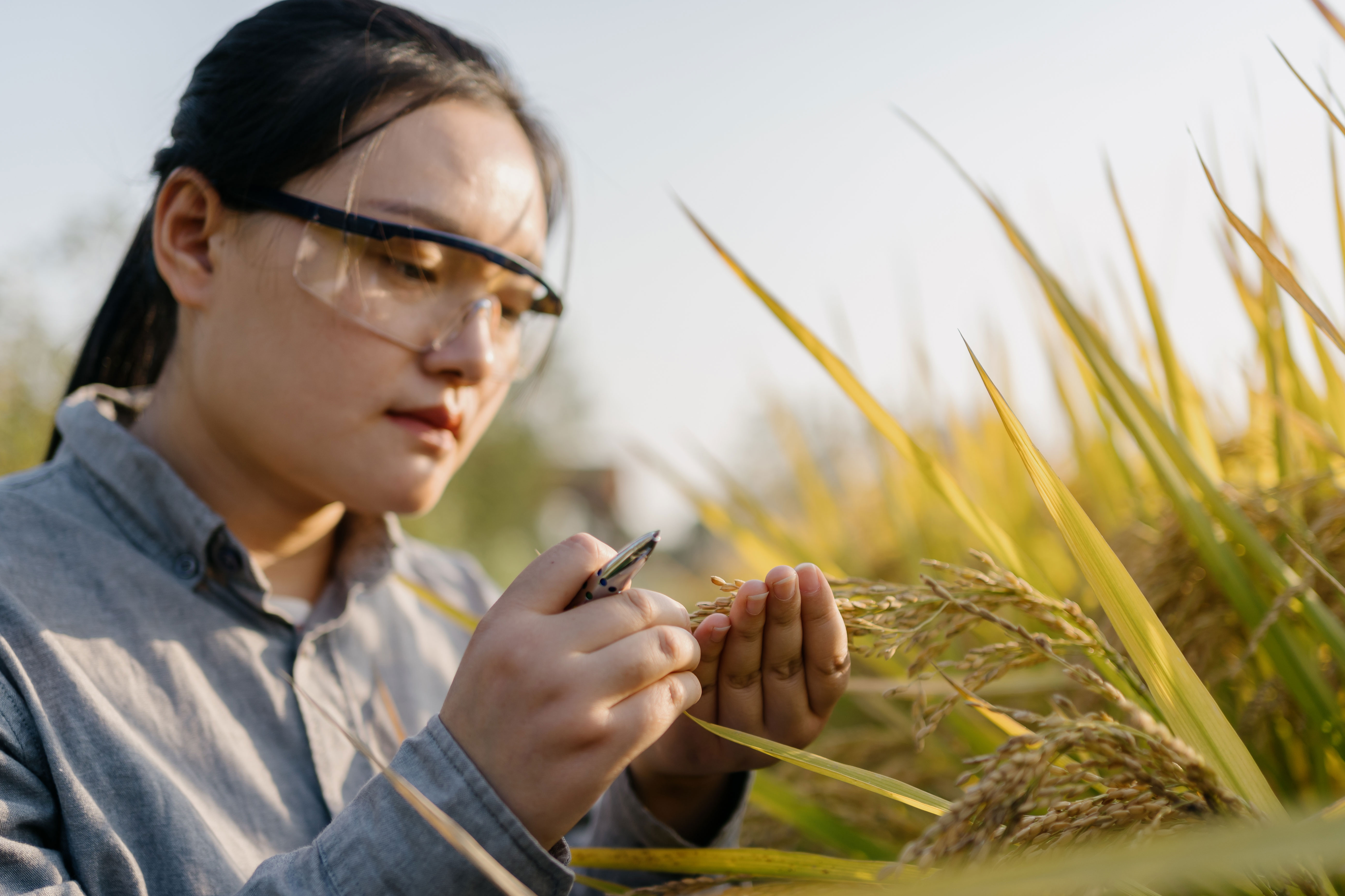Careers advice
Science jobs in the Crown Research Institutes
Want to be involved in research that will advance the country?
Last updated: 6 October 2023
1. NIWA
Many of the Crown Research Institutes provide opportunities to get outside.
2. AgResearch
Aotearoa New Zealand didn't become a world-leader in agricultural produce by accident.
3. Landcare Research/Manaaki Whenua
4 GNS Science/Te Pū Ao
5. Institute of Environmental Science Research (ESR)
6. SCION
Want to use your science skills to benefit the country's food industries?
7. Plant & Food Research
Searching for science jobs?
Check out the science roles currently available on Trade Me Jobs.
Search now Author
Other articles you might like






